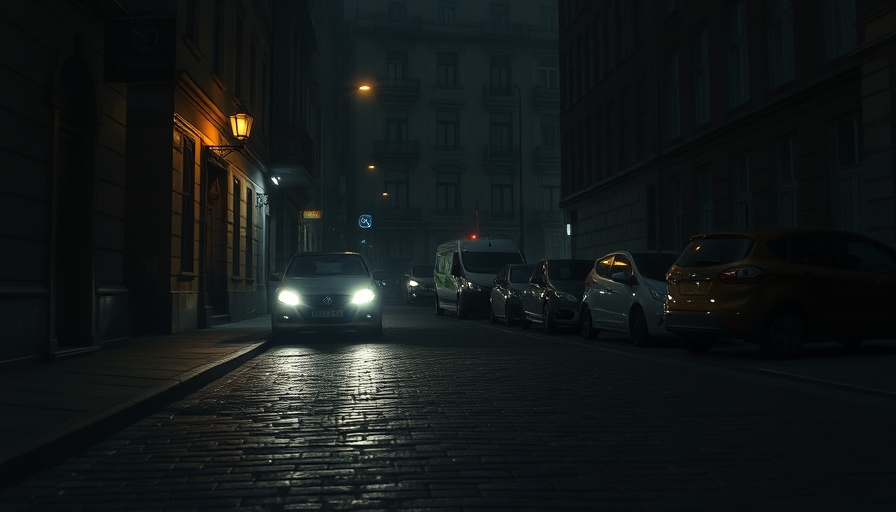
Understanding the Impact of Puerto Rico's Recent Island-Wide Blackout
Puerto Rico's recent blackout, which affected around 1.4 million residents and numerous critical services, has once again raised alarms regarding the island's fragile power infrastructure. The blackouts that occurred over Easter weekend were not just an inconvenience; they exemplified a chronic issue that has plagued the area for years, leading to significant public outrage and calls for immediate action.
The Immediate Response and Restoration Efforts
Crews worked around the clock to restore power, with reports confirming that over 800,000 residents had their electricity reinstated by Thursday afternoon. Despite these efforts, Governor Jenniffer González urged caution in expectations, stating that while 90% of residents would likely have power restored within a few days, understanding the root cause of such widespread outages would take significantly longer. The rapid restoration for many was a relief, yet those without generators faced stark challenges; a scenario heightened during holiday travel when surge demands on the grid were anticipated.
Emotional and Human Impact of Blackouts
For many, the blackout sparked frustration and anxiety. José Luis Richardson's experience highlights a common sentiment among residents. As he struggled to keep cool amidst the sweltering heat—resorting to dousing himself with water—his plea echoed that of many residents: why did this have to happen during the holidays when families were celebrating? The emotional toll of such events runs deep; it is not just the inconvenience of darkness but the fear and uncertainty of relying on a power system that seems perpetually on the brink of failure.
The Broader Context: A History of Power Issues in Puerto Rico
This blackout is more than just an isolated incident. Similar mass outages have occurred, including a significant blackout on New Year’s Eve just months ago, underscoring systemic failures. Critics of the local government and private utility companies point to mishandled contracts and inadequate infrastructure investments. The frustrations echoed by Governor González capture the sentiment of many Puerto Ricans: “Our system is very fragile.”
Public Anger and Calls for Change
The outcry from the public following the latest blackout is palpable, with many arguing that frequent power outages and reliance on backup generators have become normalized in Puerto Rican life. The situation poses questions about accountability, as residents are increasingly frustrated with what they perceive as ineffective governance in addressing systemic issues. Officials are being pressured to reevaluate the contracts with energy firms, with residents demanding more transparency and reliability in service.
Looking Ahead: What’s Next for Puerto Rico’s Power Grid?
As Puerto Rico emerges from another blackout, discussions about the future of the energy grid take center stage. Experts assert that in addition to immediate fixes, the island must invest in modernization and resilience. Solutions range from renewable energy sources to improved energy storage systems, aiming to lessen dependence on obsolete infrastructures. Puerto Rican officials are urged to prioritize these investments to safeguard against future crises and enhance the reliability of energy supply.
Conclusion: A Call for Action
Pondering over the implications of continued outages, residents of Puerto Rico are left searching for assurances from their leaders that meaningful and sustainable repairs to the power grid are in sight. The latest blackout not only serves as a wake-up call for local authorities but also invites national attention to devise a strategic overhaul for Puerto Rico's power infrastructure. The involvement of the community in advocacy and action can drive the change necessary to avoid such inconveniences and fears in the future.
 Add Row
Add Row  Add
Add 




 Add Row
Add Row  Add
Add 

Write A Comment